Alright, so, if I’m here on this site talking about Instagram, chances are very good that I’m looking at it in terms of marketing. You have an Instagram, as a brand, either for your company or as a personal brand. Think @TeslaMotors and @ElonMusk. You can read this article and apply the advice to a personal account for personal usage, but there are a few different pros and cons there.
The Pros of a Private Account
Let’s start with the pros of the situation. It’s a good place to start, because it’s pretty short.
Pro: You have control over who sees your content. This is by far the biggest benefit to setting your account to private. When your account is private, everything you post will be hidden from everyone who doesn’t follow you. If someone wants to follow you, they can, but they will not see anything until you approve them.
If you suspect their account is a bot, or if they’re known for leaving harassing comments, or they just don’t look like the fit the demographics of the audience you want to build, you can choose not to approve them and there’s nothing they can do about it. It also gives you the opportunity to block and/or report the account, which can make Instagram’s job of deleting fake accounts that much easier.
Pro: You have a much easier time dealing with harassment from other people. Harassment has been a huge issue on the internet for a long time now, pretty much as long as there have been both anonymous accounts and females on the web. That’s not to say men can’t be harassed, but women are more often the target. Famous women are often driven off of various social networks, primarily Twitter and Instagram, due to hordes of jackasses.
In a business sense, harassment can be directed at individuals within your organization, or it can take the form of anti-business comments. Having every photo bombed with negative reviews of the business, real or otherwise, can be incredibly tedious to deal with, even if it’s not as emotionally destructive as personal harassment.
With a private account, you can purge the accounts of people who are harassing you, and then monitor any new account that wants to follow you. Anyone with a blank, new account can just be ignored, since it was probably created for harassment.
Pro: It becomes a lot harder for people to steal and repost your content. There are hundreds of websites that do nothing but scrape Instagram content, due to the site’s past history of being completely inaccessible to non-mobile users. Even now that desktop users can view the site – even though they can’t post content of their own – those sites still exist. Google can also index Instagram profiles, though not your individual photos. By taking your profile private, your content is no longer accessible to those scrapers.
If you find that you have a problem with impersonators or people just stealing your content – as can be common with photographers and graphic designers – going private can help minimize that a lot.
Pro: You can hide sensitive personal activity. This one is more specifically just for personal users, and is actually somewhat recommended if you don’t have some reason to focus on growth. Anyone in college can be well-advised to hide their Instagram profile to hide all their photos of parties and drinking and what have you from any future employers. Most employers these days will check your social media profiles before deciding whether or not to hire you, and if what they find is a poor culture fit – to put it nicely – they’re more likely to pass you by. Employers also frequently fire people posting negatively about them or doing things that poorly represent them on social media.
Of course, every single pro I’ve listed has to be balanced out against the cons. Are any of these benefits worth the drawbacks I’m about to list?
The Cons of a Private Account
As with anything in life, there are pros and cons to every decision. In some cases, the pros outweigh the cons. In this case, well, there are a lot more cons than pros. It still might be better for you to make your profile private, but consider all of the below before you make that decision.
Con: It doesn’t stop harassing direct messages. If you’re the target of harassment, going private will stop people from being able to steal your content for malicious use, leave malicious comments on your content, or otherwise access your content. However, they are still able to send you private messages on the site. In order to stop such messages, you need to block the accounts themselves. If whoever is harassing you is dedicated enough, they’ll simply keep making more of them and bombing you with direct messages.
Con: It doesn’t hide your account activity on public accounts. If you like a photo or leave a comment on a photo posted by someone who is public, your like or comment will still be public. You cannot use a private account to hide unsavory activity. I’ve seen more than one public figure get caught liking or leaving inappropriate comments on photos of beautiful models, thinking they’re protected. Obviously, this is only a con if you’re hoping to hide shameful activity, but it’s still a potential con to some people.
Con: People who don’t follow you have no incentive to follow you. The only people you’ll be able to get to follow your Instagram account will be people who are very dedicated fans of yours. You’ll find it a lot harder to capture less dedicated fans when they can’t see what kind of content you’re posting. Even if you’re running a contest or something, the barrier to entry becomes a lot higher with the one simple action.
Con: Your content won’t appear in hashtag feeds. The way Instagram works, a huge majority of people browse the site via hashtag. If they want to see, say, pictures of cute cats, they might be browsing #CatsOfInstagram.
If you post an image and use the #CatsOfInstagram hashtag in your description, or if someone uses it in a comment, your content will appear in that hashtag feed, available for anyone to see it. If your account is set to private, however, your content will not appear in that feed.
Since a huge amount of the people browsing Instagram find new content via hashtag, rather than by username searching, they will never find your profile as long as it’s private. Your account is effectively invisible to the outside world; a walled garden where only your chosen followers are able to see your content. Needless to say, when you’re using Instagram as a business with the intent of growing your audience and converting them to your cause, this is the exact opposite of what you want.
Con: Your content won’t be visible in geographic tag feeds. Geographic tagging is a lot like an additional, hyper-focused hashtag with a highly engaged audience. It’s excellent for local businesses or for showcasing when you’re traveling. Take, for example, Chicago’s Millennium Park. The park, famous for a few reasons including The Bean sculpture, attracts a lot of people for a lot of reasons. A local business near the park could gather a lot of attention from locals by tagging themselves with that location, where they would show up in this feed.
Unless, of course, their account is set to private. They can still tag their account and their content, but none of their photos are going to show up in that feed. There might be 1,000 interested users passing within a block of their doors every day, none of whom ever know about their fancy sale because they’re set to private.
Con: You won’t be able to embed content on your website. Other people also won’t be able to embed your content; the box will still appear, but the content itself will be hidden. This applies retroactively as well; any old posts anywhere on the web that embed your old content will show nothing once you turn your account private.
This can be pretty detrimental for times you want to use Instagram as part of your blog posts or marketing. It also prevents other people from showcasing your content on their sites with attribution; they would have to take a screenshot of your posts, assuming they follow you, and use the image instead. This is fine for showing the content, but it also prevents any potential engagement the post might have gotten from people via the embed.
Con: Instagram ads lose a lot of potential value. You can still run ads on Instagram with a private account, or even if you don’t have an Instagram account at all. However, the ads will default to using your Facebook username and profile information instead. Since Instagram ads are basically limited to promoted posts, those posts become virtually valueless, because you can’t get clicks through to a private profile and you can’t get engagement.
Con: You’ll receive a lot less engagement. As a consequence of the previous three cons, you have zero exposure to anyone who doesn’t already follow you. Your reach numbers will be way, way down. Your engagement numbers will be correspondingly lower as well; only your followers can even see your content, and it’s always a small percentage of viewers who engage. You’re cutting off a ton of potential engagement.
The only situation where Instagram ads on a private account can work as normal is if you’ve restricted your targeting to just the people who already follow you. This can be worthwhile if you want to capture that specific, narrow audience’s attention, but that’s about it.
Con: You’ll lose out on every bit of spontaneous opportunity. You hear the stories all the time, right? Someone writes a guest post, the right person reads it, and now they have a book deal. A musician plays at a random venue they almost skipped, and there happened to be a recruiter for a record label in attendance. You posted the right thing on Instagram at the right time, and it ended up attracting the attention of someone who becomes an enterprise-level customer.
With a private profile, you lose literally all of that potential. Your posts get zero visibility outside of your box, so any spontaneous opportunity will pass you by. You never know what you’re losing when you go private.
Con: You can’t set similar privacy settings on other platforms, limiting the utility of the pros. For example, if you cross-post similar content between your Twitter account and your Instagram account, you need your Twitter account set to be private as well. If you cross-post onto Facebook, you’re out of luck, since Facebook only allows complete unpublished pages, no limited audience pages.
The primary way this can come back to bite you is if you have cross-site integration in place, where posting on Instagram automatically creates a post on Facebook or Twitter. If you set your Instagram account to private, but that script still exists, your content will be posted on Facebook or Twitter publicly. You have to disable the integration if you want to be able to cross-post successfully.
So, that’s a lot of potential cons when you turn your account private. Balancing it all together makes for a pretty clear-cut case. If you’re a brand of any kind looking to grow an audience, setting your account to private is the worst thing you can do. Private accounts are a tool for personal users to limit the visibility of their content, that’s all.
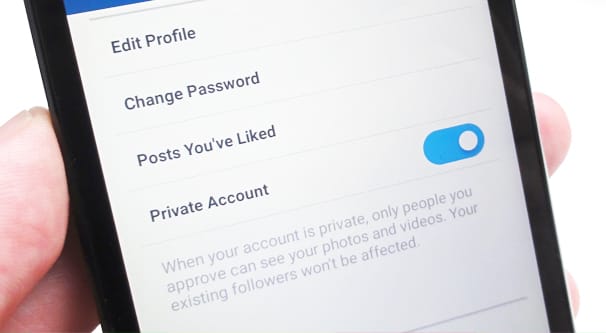
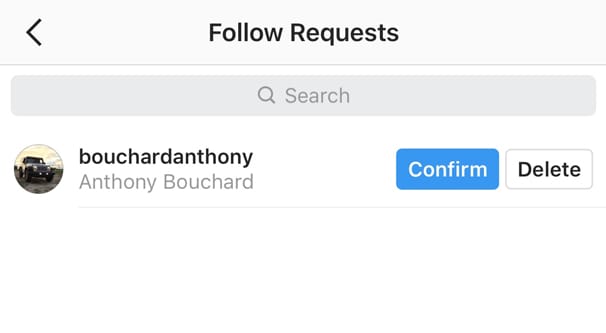
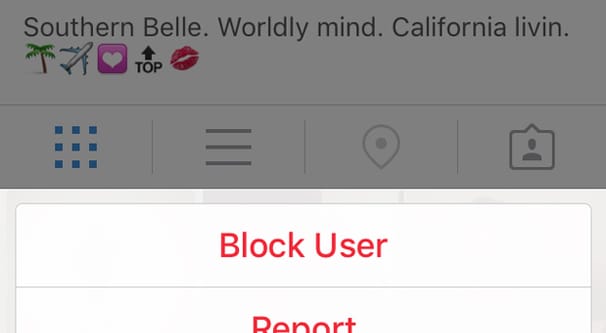
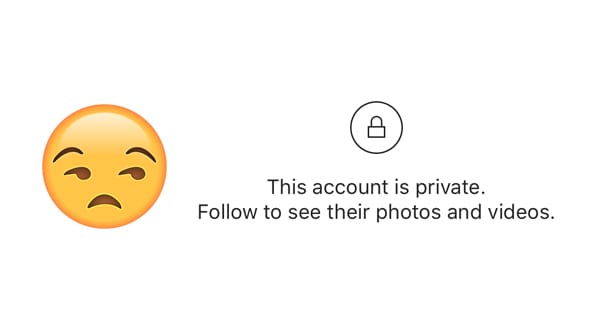
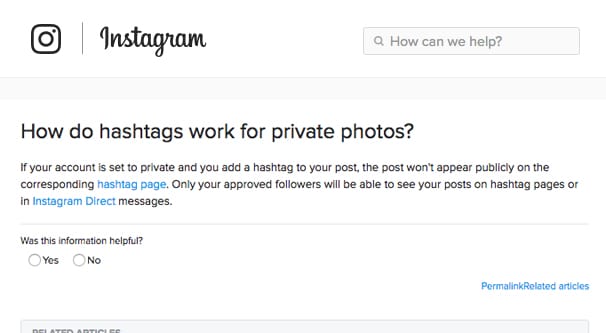
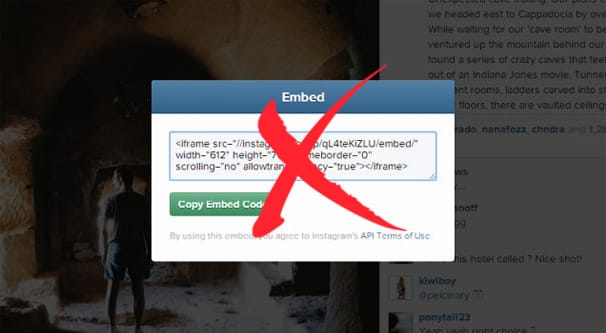
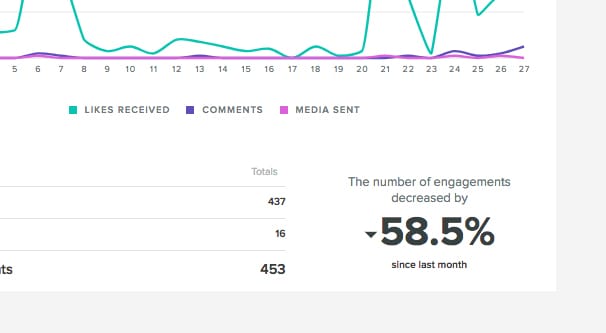
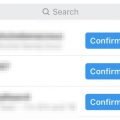
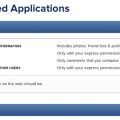


I agree with your points !
Great post. I’ve given much thought on the subject of the private Instagram tool and I strongly believe that it is not the best choice for brands and business accounts. Even for personal accounts, if someone is at high risk for harassment or wants to avoid it, perhaps it’s best to not have an account at all and go the old school route of physical picture albums at home to share with friends and family. Hackers are not slowing down and a private account may limit visibility, but it is not going to provide 100% security for those who have something to hide (not in a bad sense) and prefer not sharing certain things out to the public. Luckily, I don’t have that issue and am pretty much an open book. What I would like to limit visibility on, I simply don’t post. I like who I am and am not ashamed of my quirks. Thank you for the great post, I enjoyed reading it.
Hi Polyana! Thanks for your comment, I agree, I think just setting an account to “Private” is a sort of nuclear approach, especially on the topic of security. I don’t think it makes an account more secure, unless your posts are somehow giving away sensitive pieces of information, like answers to security questions on websites (What is your mother’s maiden name? What street did you grow up on? What is the name of your pet? That sort of thing). It’s definitely much harder to grow a profile that people can’t see without being your friend first.
I recently was a victim cyber bullying. I was a public pet account with about 1200 followers, small account. I had all my photos reported and then Instagram took them down. I think having a private pet account is possible and beneficial for some. There’s no sensitive content on my type account , nothing to hide but when your a victim of bullying and you don’t know the exact person who’s the culprit going private seems logical and more helpful in those circumstances.
I have a question do bots work on private accounts. Let’s say I have my account set to private can I have a block on it?